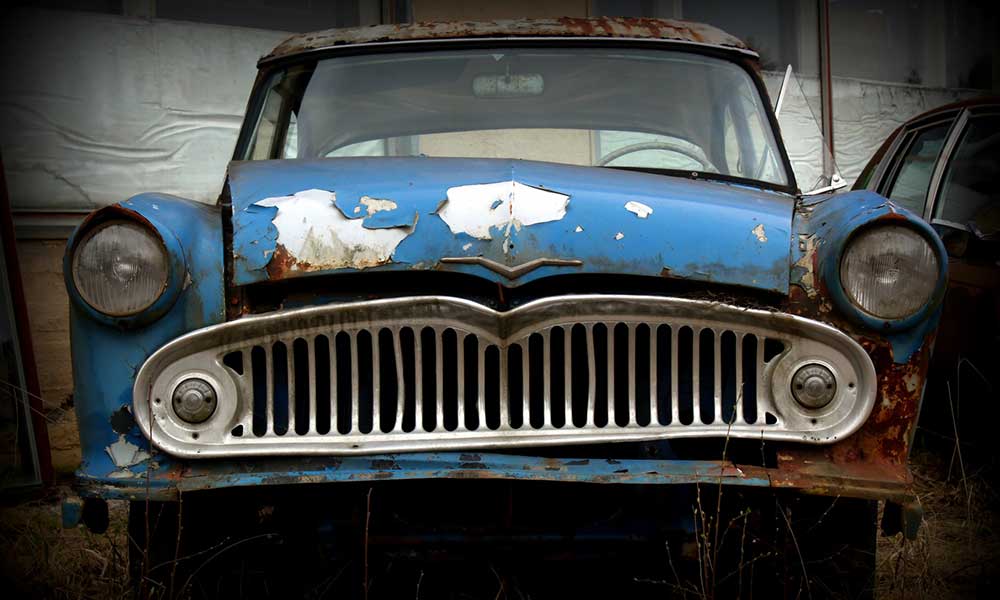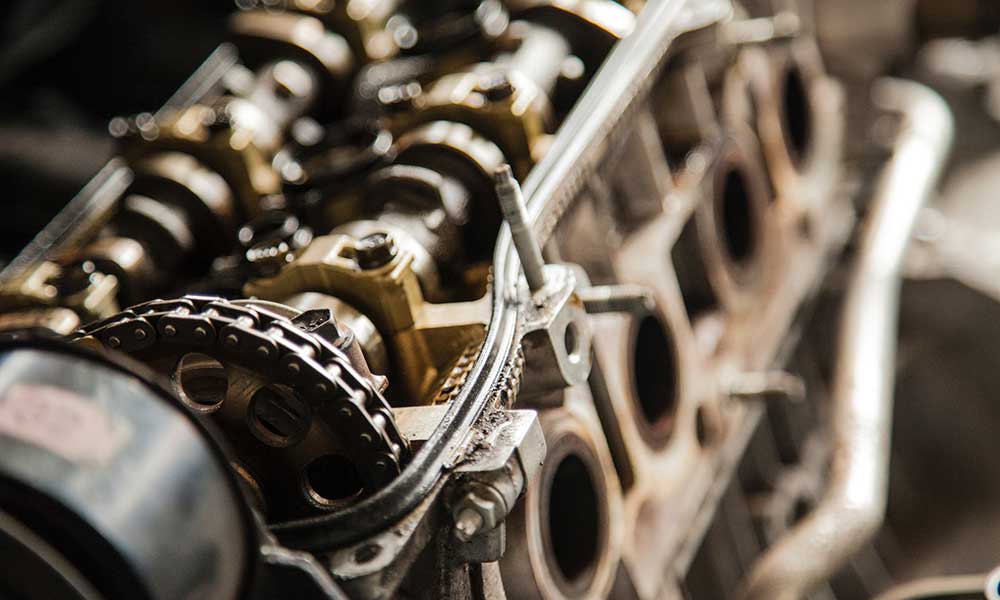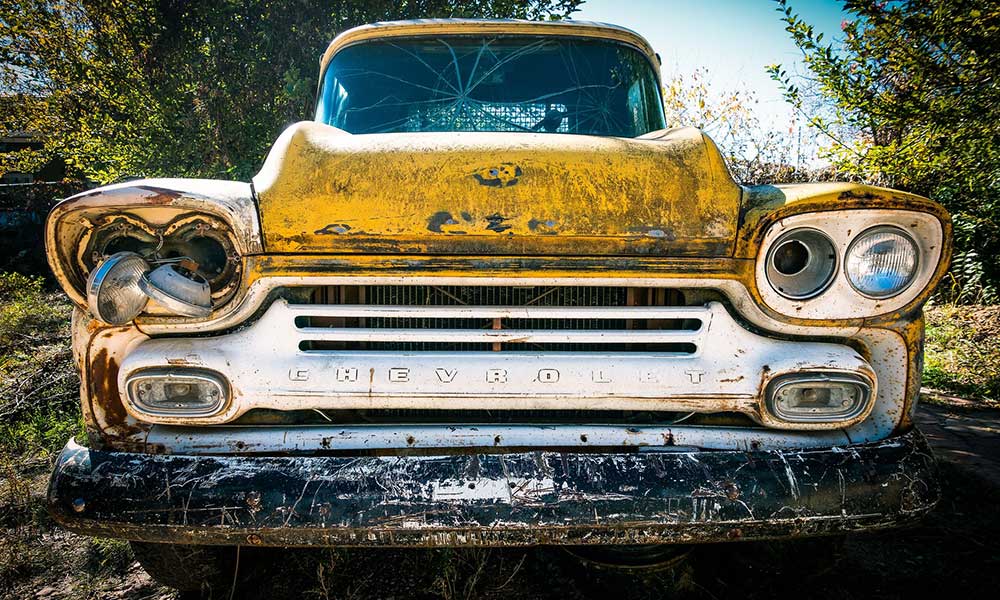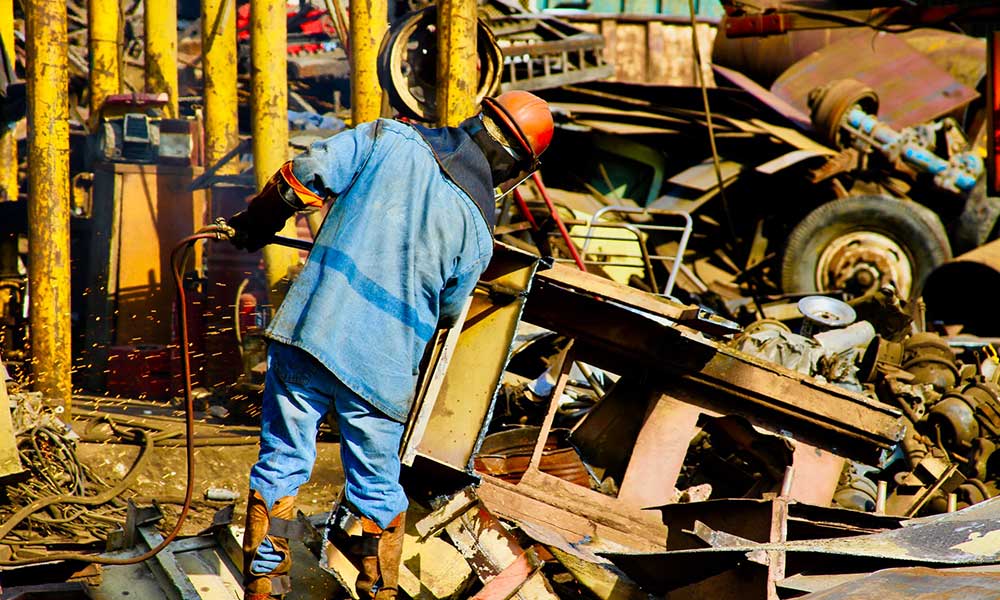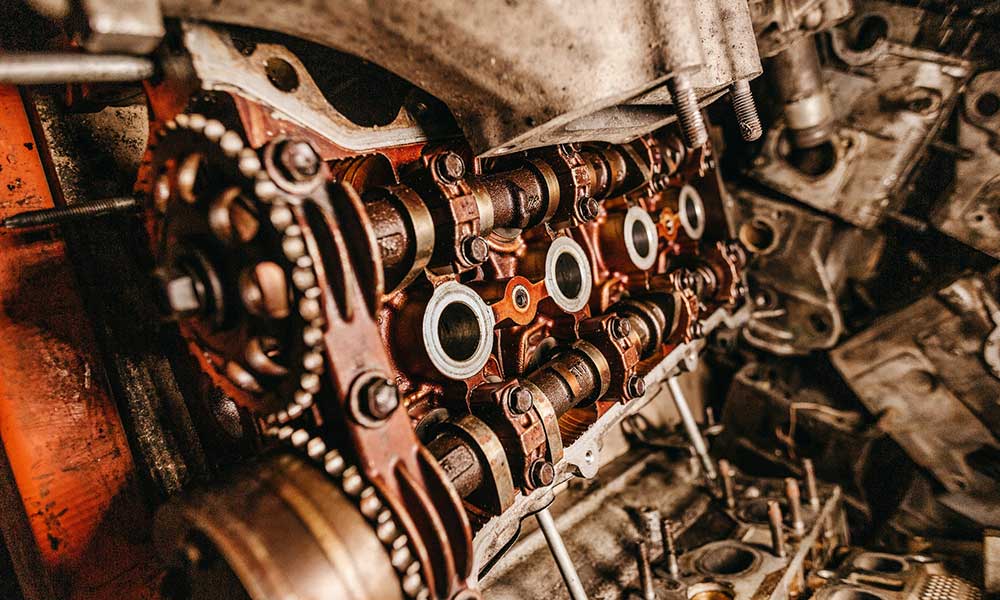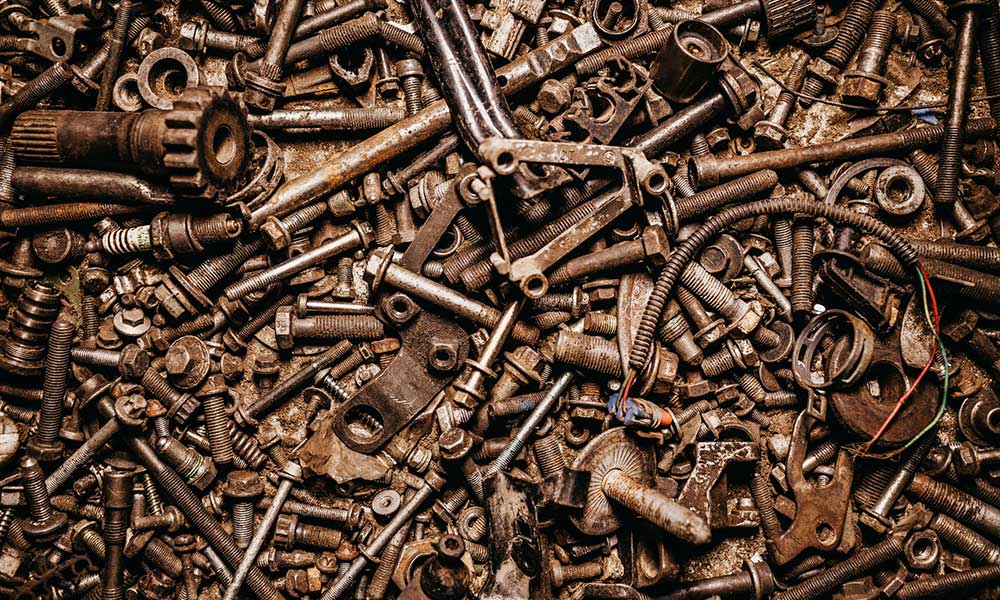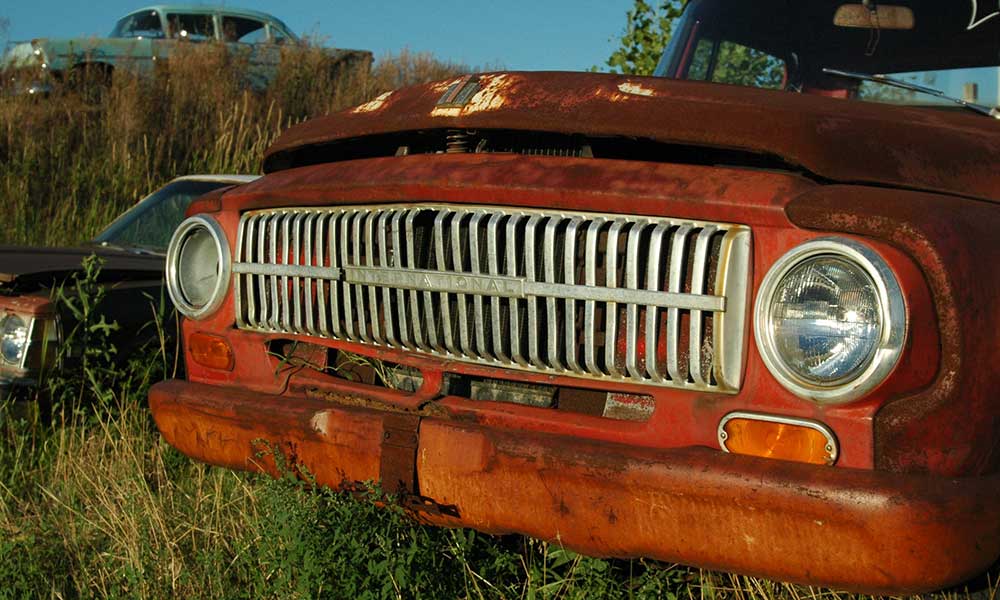Although catalytic converters are designed to last forever (literally), sometimes they don’t because of contamination, overheating, and other issues. Here is more about catalytic converters, how they work, and other valuable information.
What is a Catalytic Converter?
Catalytic converters are devices that control your car’s emissions. This device is located in your car’s exhaust system. The exhaust system includes multiple tubes that are located underneath the chassis, and it is responsible for collecting toxic exhaust gases and converting them into water vapor.
Metals inside the catalytic converter create a chemical reaction, a catalyst reaction, that cleans the car’s exhaust pipe emissions. Cleaner emissions mean cleaner air. All cars have one catalytic converter, but some cars have as many as four converters.
What Causes a Catalytic Converter to Fail?
There are a few culprits for a failing catalytic converter.
Engine Tune-Up
When an engine isn’t operating properly, the catalytic converter can be damaged. The engine can also be damaged. Incorrect timing, misfiring spark plugs, and incorrect fuel and air mixture can lead to catalytic converter failure.
Oxygen Sensor Malfunction
When the oxygen sensor is malfunctioning, it can send incorrect system readings of exhaust gasses to your vehicle’s computer. These incorrect sensor readings can cause an improper fuel mixture, causing the catalyst to melt from the fuel burning inside the converter.
Structural Damage
The catalyst honeycomb found inside the converter is composed of fragile, lightweight ceramic material. Although there is a sense insulation mat for protection, road damage can easily damage the catalyst. Speed bumps, potholes, and off-road driving can affect the undercarriage of your car, causing the catalytic converter to fracture.
Catalytic Converter Problems and Signs of Failure
Do you think a bad catalytic converter is the culprit of many of your vehicle’s issues? There are different vehicle problems that indicate the catalytic converter is responsible for the chaos you’re experiencing.
Illuminated Check Engine Light
One of the most common signs of a faulty catalytic converter is the check engine light. Your vehicle’s computer will notify you that something is wrong with your car. The oxygen sensor in your vehicle triggers a warning that lets you know the converter is malfunctioning.
Less Power
Your car’s engine can lose power because of a restricted or clogged catalytic converter. A clogged catalytic converter makes it difficult for the engine to get rid of combustion waste because the converter can’t properly process the exhaust gasses. Because of a lack of power and oxygen, the engine will stall.
Rattling Noises
Cars make a lot of different sounds. When you hear rattling from the rear of your car, this can be an indication the ceramic lattice in the catalytic converter has broken. When you start your car, you’ll notice rattling sounds. This rattling sound will get worse as time progresses.
Strange Odors
Catalytic converters absorb a strong-smelling gas known as hydrogen sulphide. This sewer gas has a distinct rotten egg smell that can’t be mistaken for any other smell. If you notice a foul odor coming from the rear of your car, chances are the catalytic converter is no longer functioning at an acceptable level.
Horrible Fuel Economy
Bad fuel economy can be the result of many factors, such as the fuel pump or fuel filter, but it can also mean you have a faulty catalytic converter. You’ll notice a problem when your gas mileage falls below 10% of its normal value.
Failed Emissions Test
Many states in the U.S. require vehicles to pass an emissions test. In some states, the emissions test is referred to as a smog check or smog test.
During this diagnostic check, your vehicle’s engine computer must clear certain vehicle codes, or your vehicle will fail the emissions test. Catalytic converters are an essential vehicle component of modern vehicles.
Without a converter, your vehicle will produce tons of harmful, toxic emissions that can harm humans and the environment. If you suspect a faulty catalytic converter is causing some of your vehicle’s problems, consult the expertise of a mechanic.
Is it Safe to Drive a Car with a Bad Catalytic Converter?
No, it’s not safe to drive a vehicle with a faulty catalytic converter. Continuously driving a car with a damaged catalytic converter harms the environment and damages the other exhaust system components.
A damaged catalytic converter can destroy your engine, which is why regularly scheduled vehicle maintenance is important.
How Often Should I Replace My Catalytic Converter?
You should schedule regular maintenance for your vehicle, which includes checking the catalytic converter. However, this converter should only be replaced when necessary. Catalytic converters last a minimum of 10 years.
How Much Does It Cost to Repair a Bad Catalytic Converter?
The total repair cost of a catalytic converter varies by model. The average replacement cost of a catalytic converter is $945 but it can cost $2,475 or more if you’re repairing or replacing a converter.
Should I Sell My Car Because of a Faulty Catalytic Converter?
Repairing faulty vehicle components can be expensive. If the repair cost exceeds the vehicle’s market value, it may be best if you sell your car or sell the car’s parts.
If you decide to junk your car, you can sell it to a junkyard and get some cash for it. However, if you decide to part out your junk car, it could take years to do so, because as you sell different car parts, the car and its remaining parts are less desired. Selling your junk car may be the most reasonable option.

